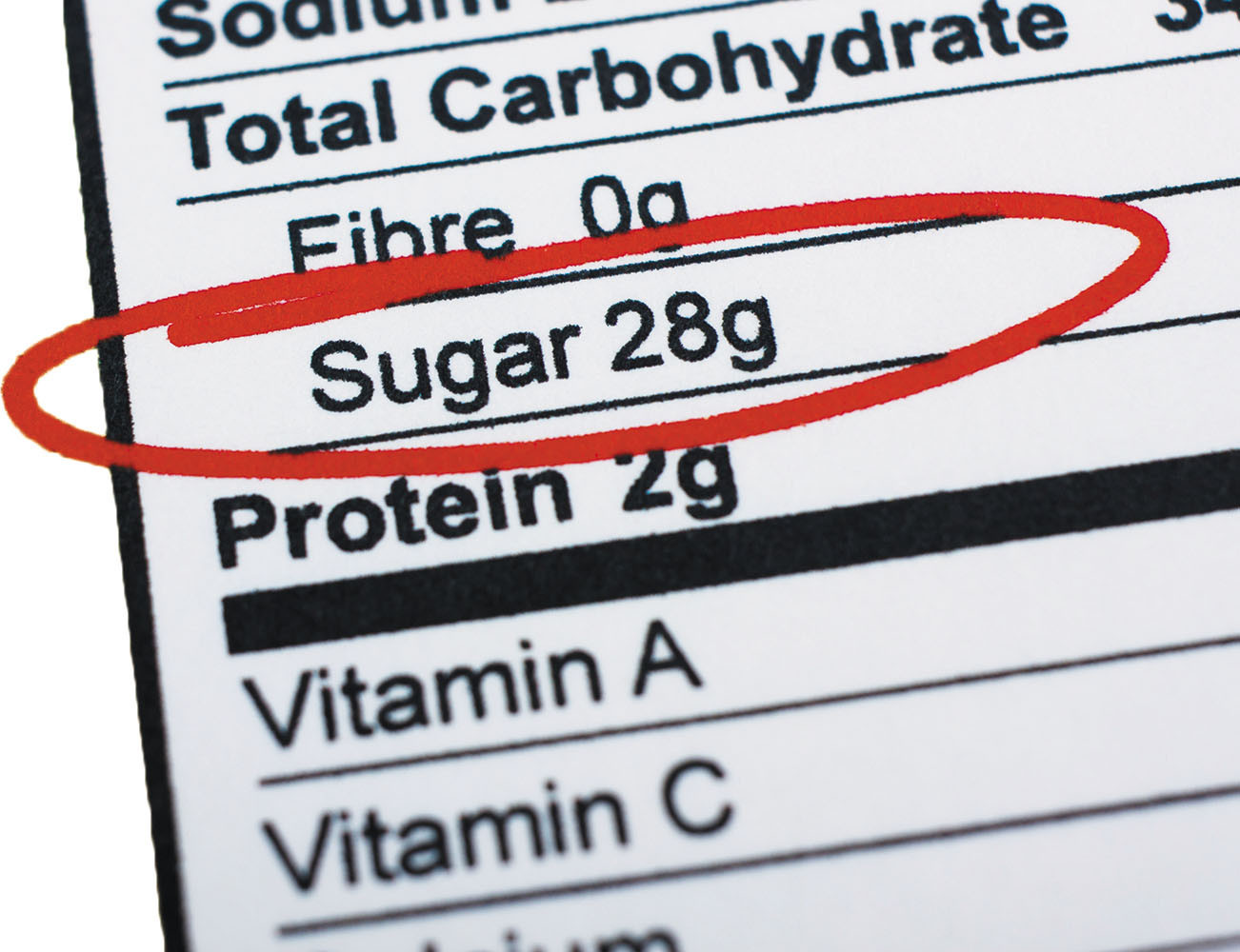
New thinking about plaque in arteries that feed the brain

Want to prevent shifting teeth? Maybe you need retainers

What you need to know about the new dietary guidelines

Food that’s healthier for people and planet can be cheaper, too

New evidence that polyphenol-rich foods help the heart

8 simple ways to reduce ultra-processed foods in your diet

How to curb your stress eating

How to spot Parkinson’s disease symptoms

Heart failure symptoms in women: How they’re different

GERD diet: Foods to avoid to reduce acid reflux
Diet & Weight Loss Archive
Articles
Adding potassium and subtracting sodium may equal better heart health
Consuming less sodium and more potassium may be linked to better heart health, according to a November 2021 study published in the New England Journal of Medicine. After controlling for other risk factors, the researchers found that for every extra 1,000 milligrams (mg) of sodium detected in the urine, there was an 18% increase in the risk of cardiovascular disease. For every extra 1,000 mg of potassium in the urine, there was an 18% decrease in risk.
Why is eating healthy so hard?
Many people still struggle with healthy eating, even though they know the basic guidelines to follow. This often is due to misperceptions that following a healthy diet is too difficult and too expensive. Making small changes in one's diet can help many people change their attitude about healthier eating and make it easier to embrace.
In search of a milk alternative
People who are unable to or don't want to drink cow's milk have alternatives, such as milks made from grains, nuts, and soy.
Recommendation calls for earlier diabetes screening in people who are overweight
According to a new recommendation from the US Preventive Services Task force, diabetes screening should begin age 35 for people who are overweight, defined as a body mass index (BMI) of 25 or greater.
Going to sleep late at night associated with obesity, big bellies
Live long and prosper
Nationwide sugar reductions projected to save health and lives
Do BMI numbers add up?

New thinking about plaque in arteries that feed the brain

Want to prevent shifting teeth? Maybe you need retainers

What you need to know about the new dietary guidelines

Food that’s healthier for people and planet can be cheaper, too

New evidence that polyphenol-rich foods help the heart

8 simple ways to reduce ultra-processed foods in your diet

How to curb your stress eating

How to spot Parkinson’s disease symptoms

Heart failure symptoms in women: How they’re different

GERD diet: Foods to avoid to reduce acid reflux
Free Healthbeat Signup
Get the latest in health news delivered to your inbox!
Sign Up











